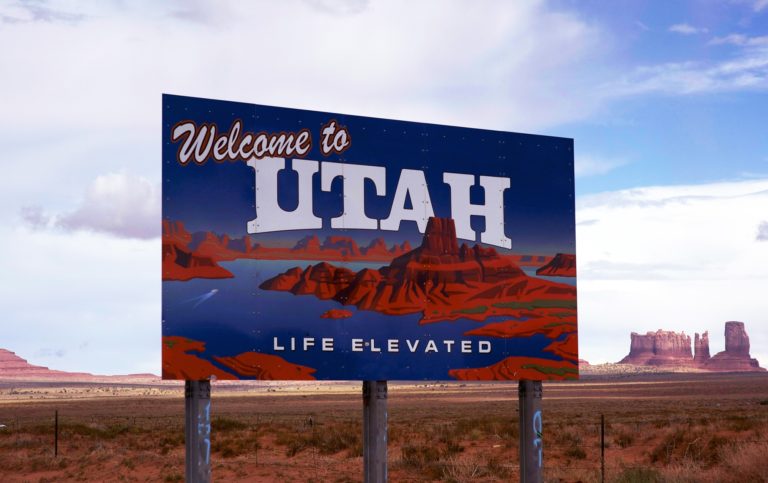
Oregon Psilocybin: Trademarks & Patents
Welcome to the fifth installment in this series surveying business and regulatory issues in the Oregon psilocybin program. Today I will cover intellectual property considerations for Oregon psilocybin businesses. My law firm has written and presented many hundreds of times on intellectual property and controlled substances over the years. Mostly, this material focused on the


















